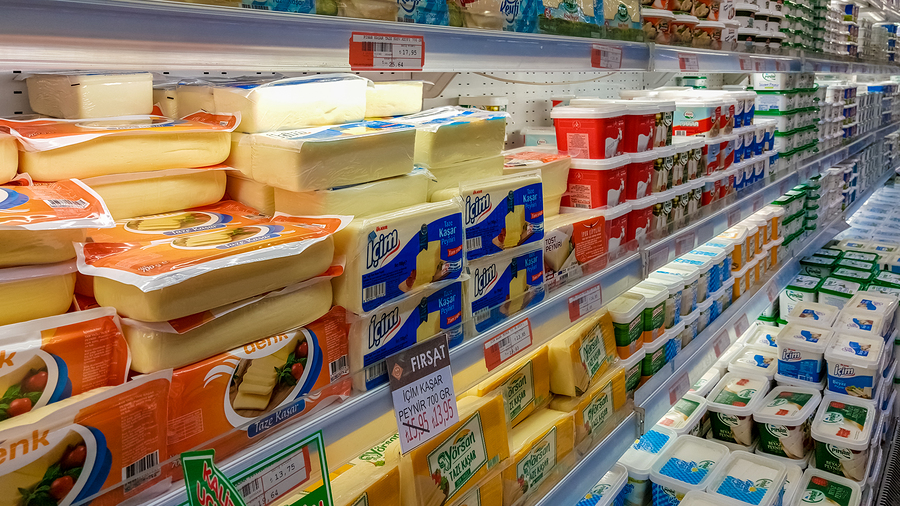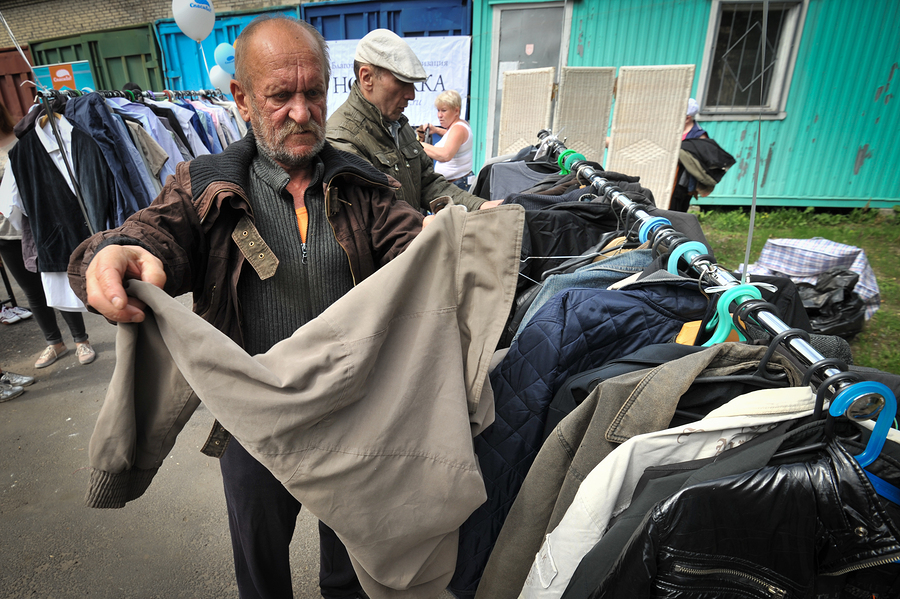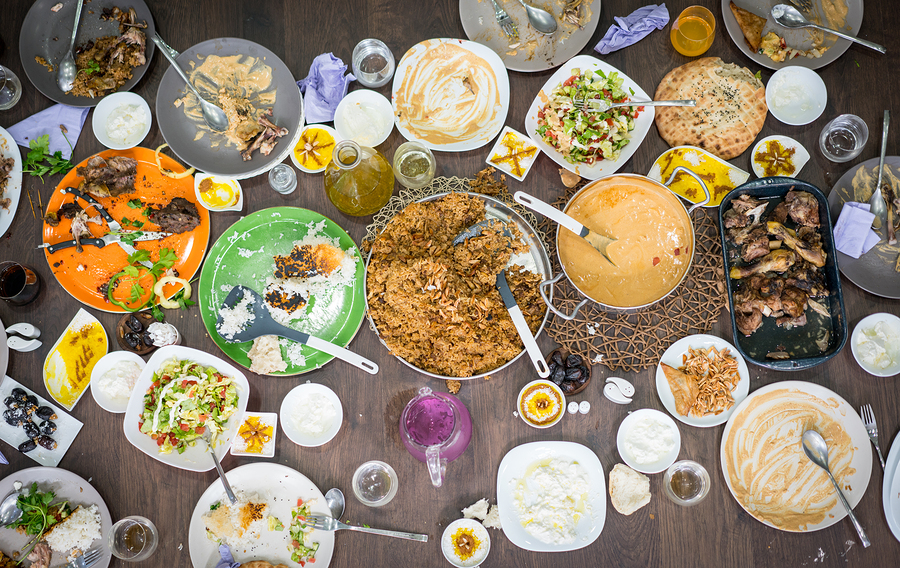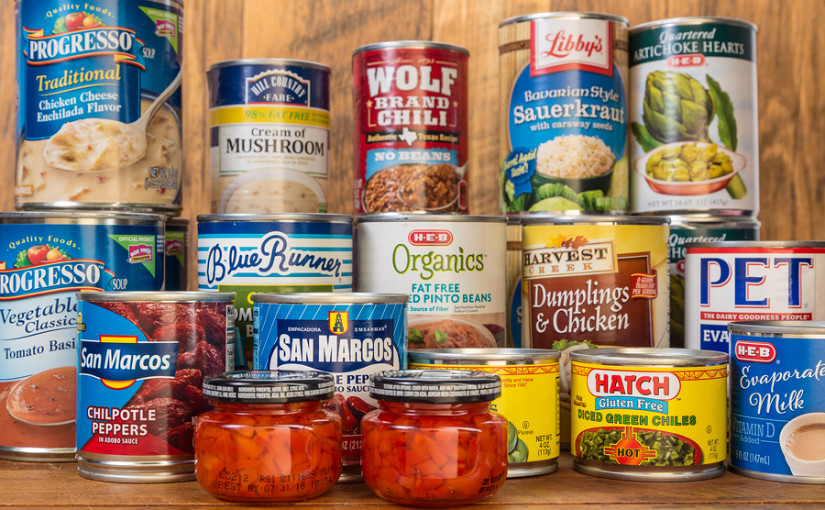There’s no better time to give to your local food bank than in the run-up to Christmas and the winter months, when a fresh, hot meal can make even more difference to families on low or no incomes.
Having food inside you on a cold day provides natural warmth, so it’s not just about feeding people; it also helps keep their heating bills down and gives them the strength to combat seasonal colds and flu.
There are lots of food banks, and there’s probably one closer to you than you realise. The Trussell Trust, which began in Bulgaria, operates a rapidly growing network of UK food banks and offer several ways to lend your own support to those who need it this winter.
Donating food

The obvious way to support a local food bank is by donating food, and in large supermarkets you can now usually donate items directly at the till as you pay for them.
To donate directly to a food bank, search online for one in your area – The Trussell Trust have a map of all of their locations and you can narrow it down by town or post code too.
Donating non-food

It might sound odd at first, but food banks provide all of the essentials a normal household might buy from the supermarket, and that doesn’t just mean food.
You can also donate things like toilet paper, hygiene products and other sanitary supplies; they’re not as regular a purchase as food, so a small donation can go a long way.
Donating cash

If you feel awkward about giving physical food and non-food items, or you’re uncertain what to buy, you can donate cash as you would to a charity.
You can even set up a standing order to provide regular support, if you have the money to do so and want to help over the long term.
Other goods

The Trussell Trust also operates community shops, and welcomes the kind of donations you might make to any charity shop – furniture, clothing and so on.
For now the charity’s community shops are all in the south of England – although their food banks can be found nationwide – but there are also other organisations that operate food banks on a regional basis, so it’s worth searching for your post code, town and county and seeing what’s happening in your area.
Donate to a food bank for Christmas

Tinned food may be practical year-round, but at Christmas food banks can be many people’s only source of ingredients for their Christmas dinner, and everyone deserves something a little more special.
Again, let your local food bank lead you on what they need – fresh ingredients may be better than frozen, as they don’t necessarily need electricity or a freezer to store them, either in the food bank or in the recipient’s home.
Try to stick to what the food bank actually say they need. Individual lavish donations might feel generous, but they are not always as helpful as the same amount of money spent on basic ingredients.
And again, remember that it’s not just food that may be needed – so if you can donate even basic woolly hats, scarves and gloves, or small toys for children, you’ll be helping to put together a more rounded and thoughtful Christmas box for each family.
